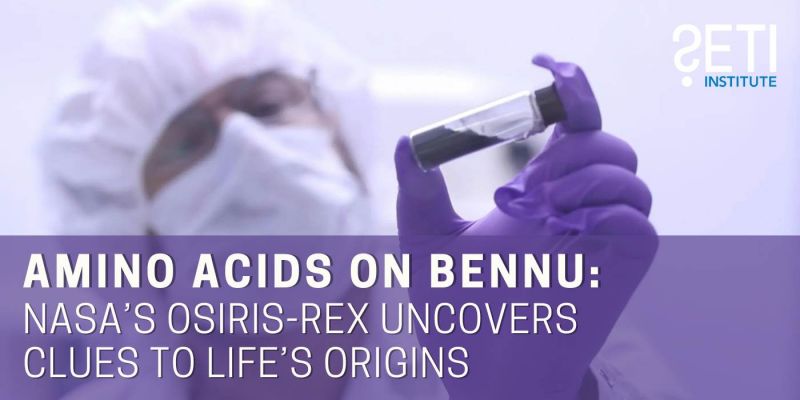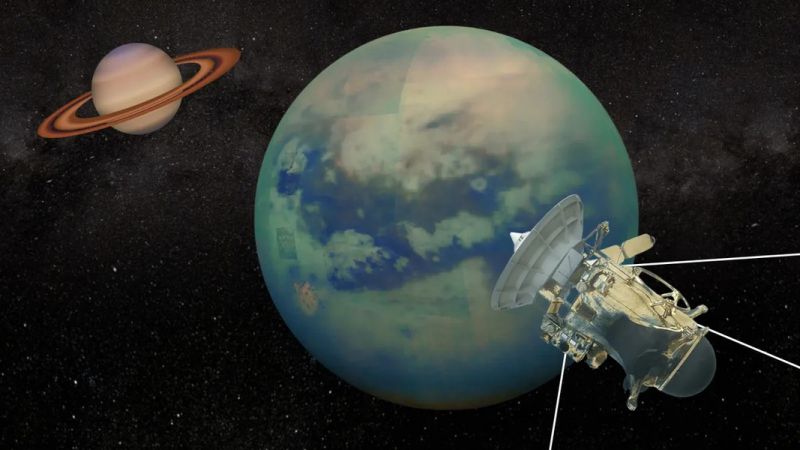
The SETI Institute frequently appears in news stories due to its essential contributions to space science and exploration.
Dive into our April roundup, a collection of highlighted articles from different sources that illustrate the wide range of fields in which our scientists are excelling.
Whether teaming up with experts in whale communication or studying data from far-off moons, our scientists consistently uncover revolutionary findings.
Join us as we delve into uncharted oceans, reveal the mysteries of ancient ice, and discover how a humpback whale named Twain could revolutionize interstellar communication!
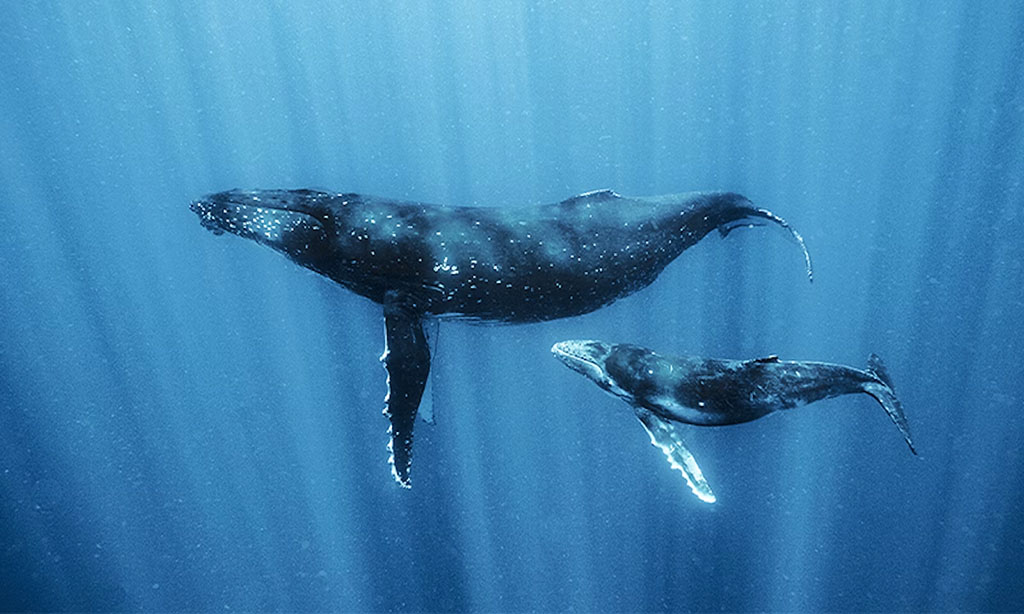
From Ocean Depths to Outer Space: The Whale-SETI Connection
Scientists have been trying to communicate with whales for years, but it wasn’t until Twain, a humpback whale, responded to a series of whale ‘greeting signals’ that marked the first recorded whale ‘conversation.’ The Whale-SETI team, a team of scientists from the SETI Institute, University of California Davis, and the Alaska Whale Foundation, aim to use this groundbreaking exchange to help decode signals for extraterrestrial communication, advancing the search for "technosignatures."
- Read the full article here: How Whales Could Help Us Speak to Aliens

Carl Sagan's Remarkable Foresight About the Future of the Search for Aliens
In 1974, on an episode of BBC's "The Sky at Night,” British astronomer Patrick Moore spoke with US astronomer Carl Sagan about research methods needed to discover potential life beyond Earth. Remarkably, Sagan predicted key areas of research that, 50 years later, scientists are actively pursuing, including exploring nearby planets and icy moons.
- Read the full article here: When Carl met Patrick. Sagan and Moore discussed the search for alien life 50 years ago, with remarkable foresight
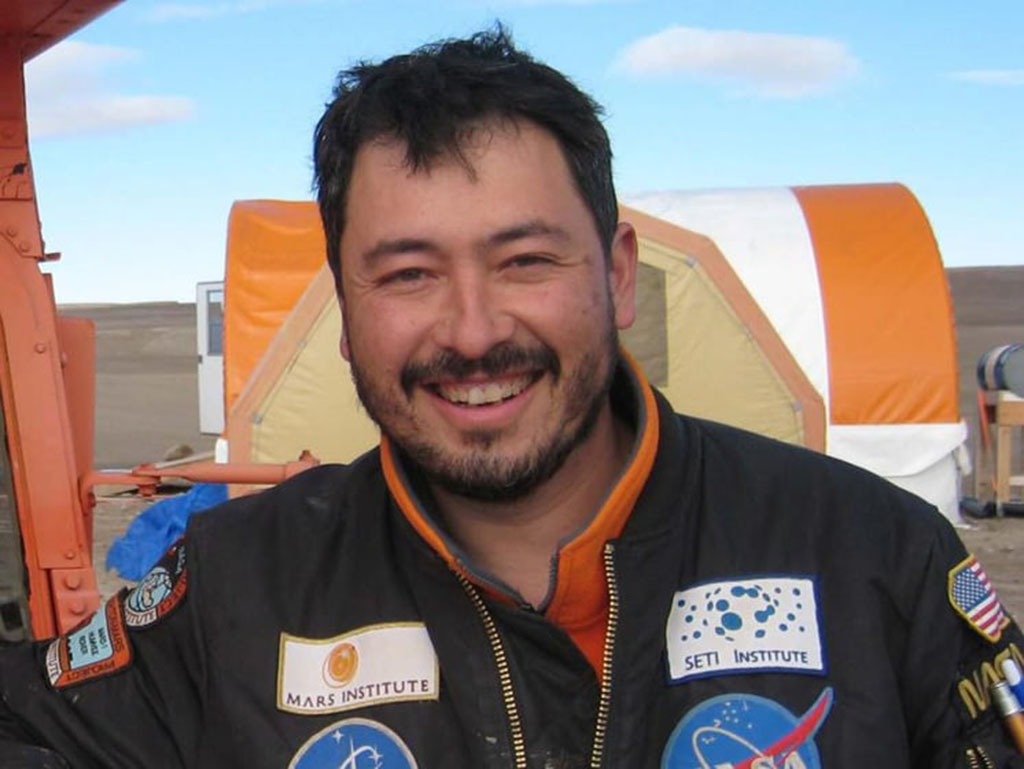
Renowned Planetary Scientist Dr. Pascal Lee to Speak at National Space Society Conference
Renowned planetary scientist Dr. Pascal Lee, who recently discovered a new Martian volcano, will lead a Mars exploration session at the National Space Society’s International Space Development Conference, which will be held from May 23-26, 2024, in Los Angeles, California. Dr. Lee also spearheads the Haughton-Mars Project, which conducts various experiments, including testing Mars/Moon EVA spacesuits. Other notables at this year’s conference include “Star Trek” star William Shatner, former NASA astronauts Susan Kilrain and Jose Hernandez, and CEO of VAST Space Max Haot, among others.
- Read the full article here: DR. PASCAL LEE, DISCOVERER OF NEW MARTIAN VOLCANO, TO SPEAK AT NATIONAL SPACE SOCIETY CONFERENCE
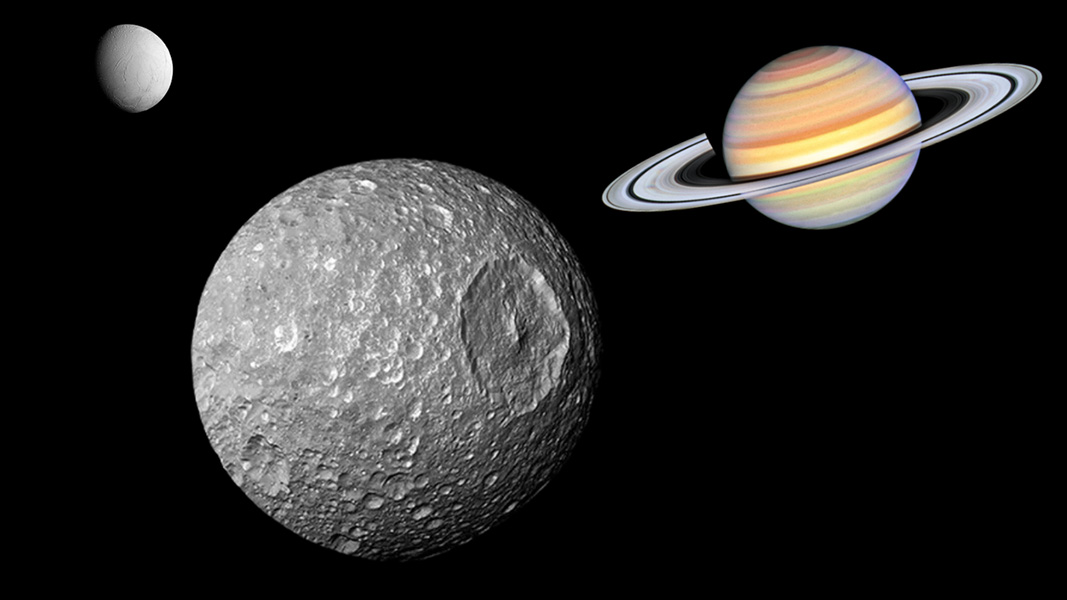
Tiny Saturn Moon Mimas Holds a Shocking Secret: A Hidden Ocean
SETI Institute researcher Matija Ćuk and Alyssa Rose Rhoden from the Southwest Research Institute co-authored a paper positing an ocean beneath Saturn’s moon Mimas’ icy surface. Indeed, recent research published in Nature indicates scientists have found evidence of a hidden ocean beneath Mimas which is surprising due to its small size compared to other ocean-harboring moons like Enceladus and Europa. An estimated 12-18 miles in depth, this young ocean presents a compelling opportunity for further research into the potential habitability of these moons.
- Read the full article here: A Tiny Saturn Moon May Provide Proof Of A Subsurface Ocean
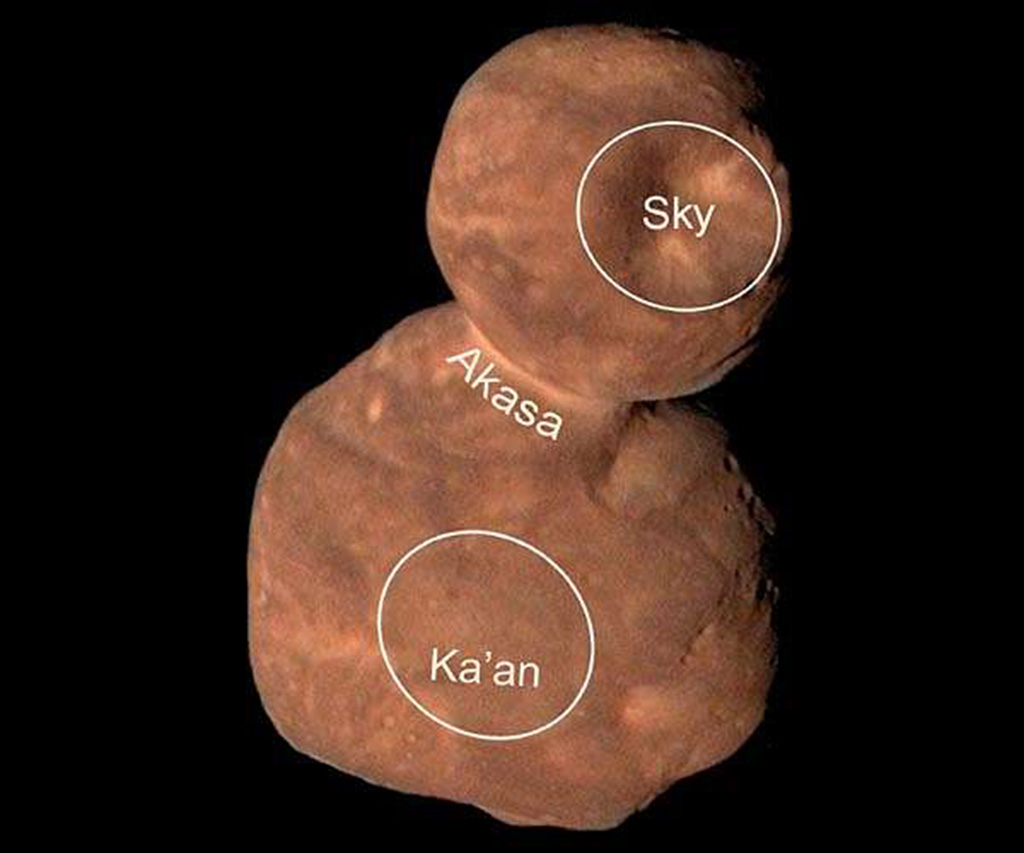
A study by Brown University, in collaboration with the SETI Institute, has found that the KuiperBelt Object known as 486958 Arrokoth, dubbed the "space snowman," does, in fact, retain ancient ice. This challenges long-held beliefs that such primordial materials would have dissipated billions of years ago. These fascinating and critical findings offer opportunities for further exploration of cometary evolution and activity.
- Read the full article here: The Persistent Ices of Kuiper Belt Object 486958 Arrokoth




